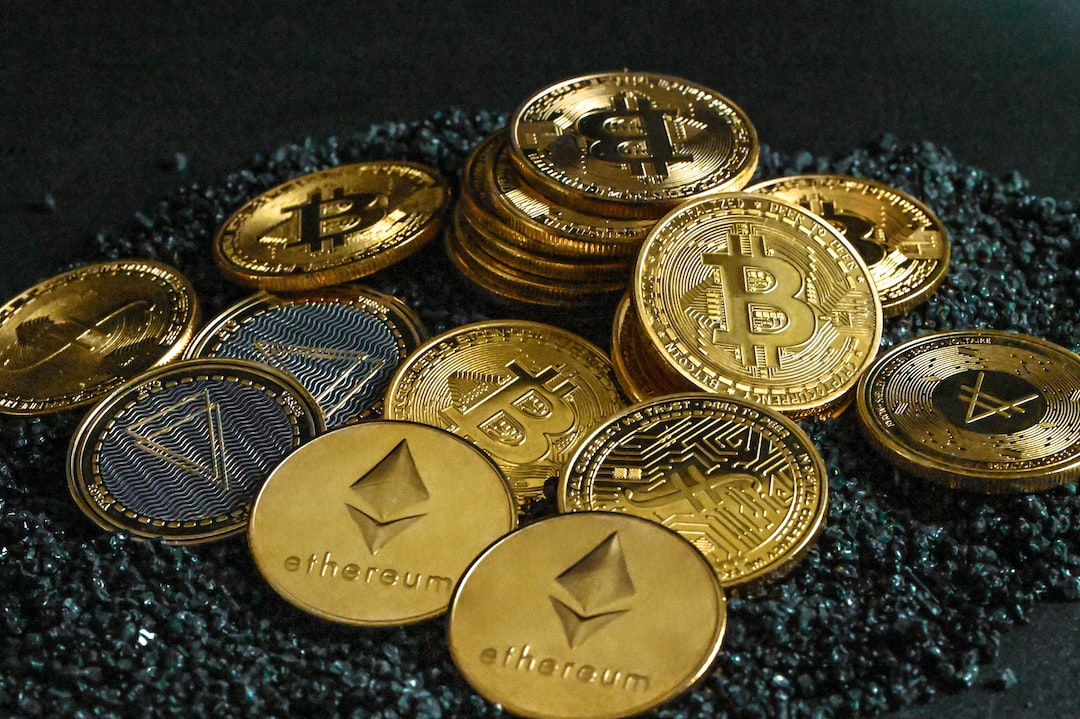Europe is emerging as the second-largest crypto economy in the world, following North America, according to a recent report by Chainalysis. The report focuses on the Central and Western states of the European Union (EU), as well as non-EU countries such as Great Britain, Norway, Iceland, Serbia, and Albania. It excludes Eastern European countries like Russia, Belarus, Ukraine, Poland, Hungary, Romania, and Greece. The CNWE region accounted for 17.6% of global crypto trading volume between July 2022 and June 2023, with a total on-chain value of $1 trillion.
DeFi is the most popular category of services in the CNWE region, accounting for over half of the total transaction volume. Decentralized exchanges (DEXs) have been particularly successful, driven by retail exchanges. However, European institutions are just starting to embrace DeFi due to regulatory frameworks that support Web3 initiatives. The new EU legislation called MICA is expected to encourage further growth in this area when it comes into force next year.
CEXs (centralized exchanges) rank second after DeFi in terms of on-chain data analysis. However, it’s important to note that the report only considers data recorded on public blockchains and excludes exchanges within CEXs. Therefore, it may not accurately reflect the larger exchange volumes that occur off-chain. Latin America has significantly higher deposit and withdrawal volumes on CEXs compared to DeFi.
Institutional investors dominate trading volumes in Europe’s crypto market. These institutional investors refer to whales who move large sums of money rather than fully regulated non-commercial institutions. On-chain volumes are largely driven by large institutions moving over ten million dollars, including exchanges transferring funds between wallets. Retail participation remains low across all regions.
MiCA (Markets in Crypto Assets) is a forthcoming EU regulation set to come into effect in mid-2024. Despite its future implementation, the report suggests that MiCA has already created a favorable environment for crypto innovation in Europe. It is expected to promote the growth of the crypto ecosystem by establishing clear and uniform rules, prioritizing consumer protection, building trust, and facilitating the integration of cryptocurrencies into mainstream finance.





 By
By
 By
By
 By
By

 By
By